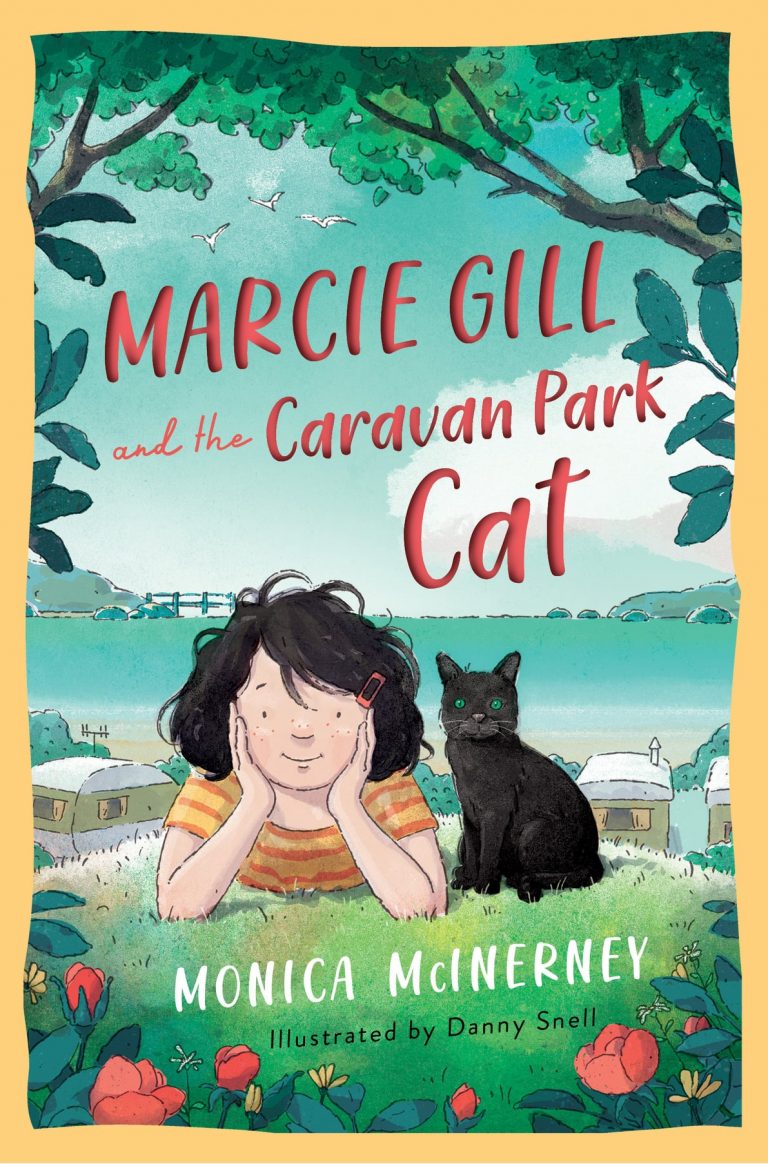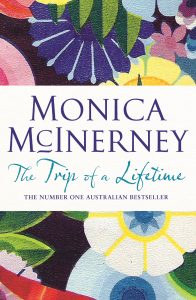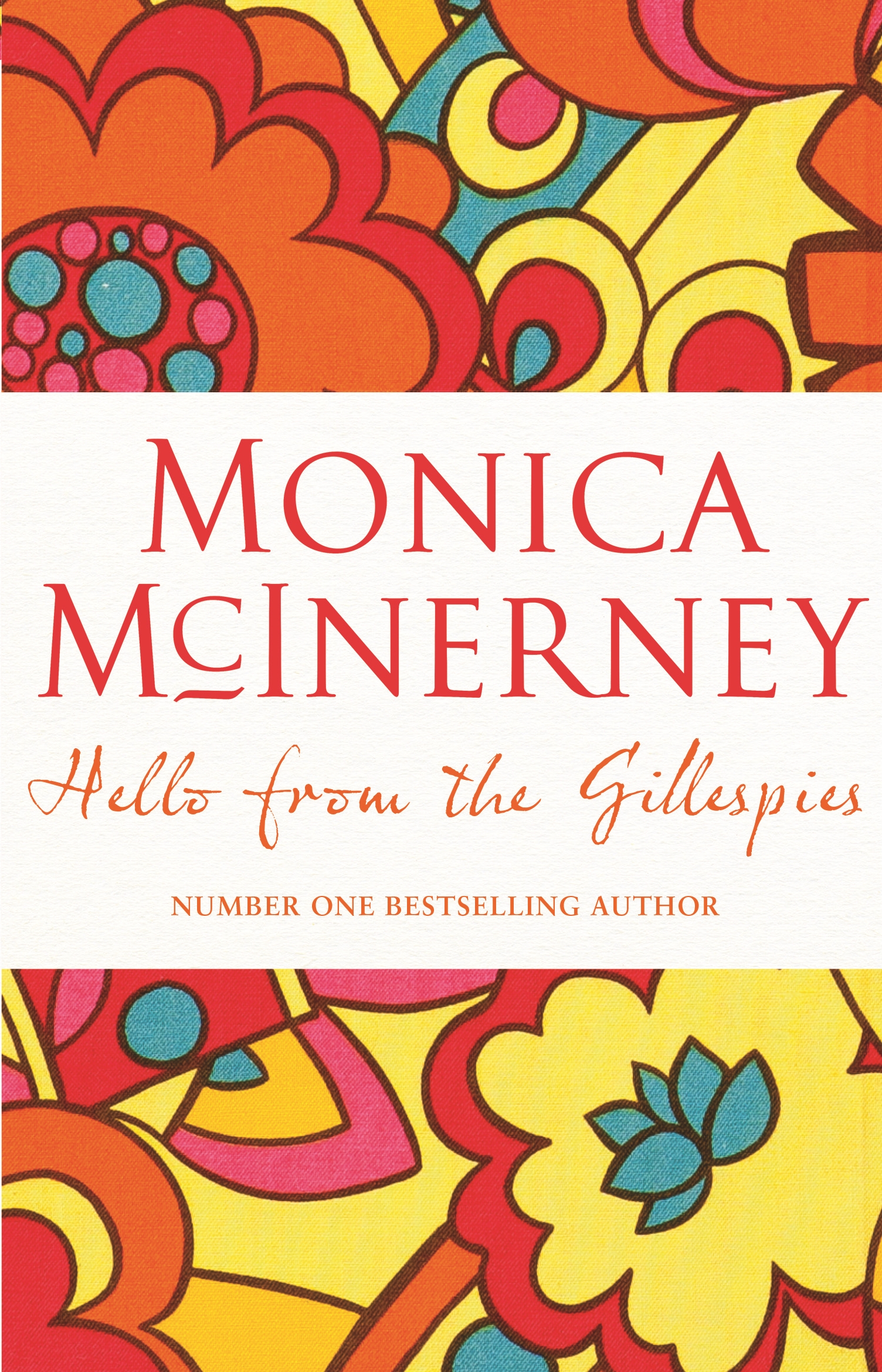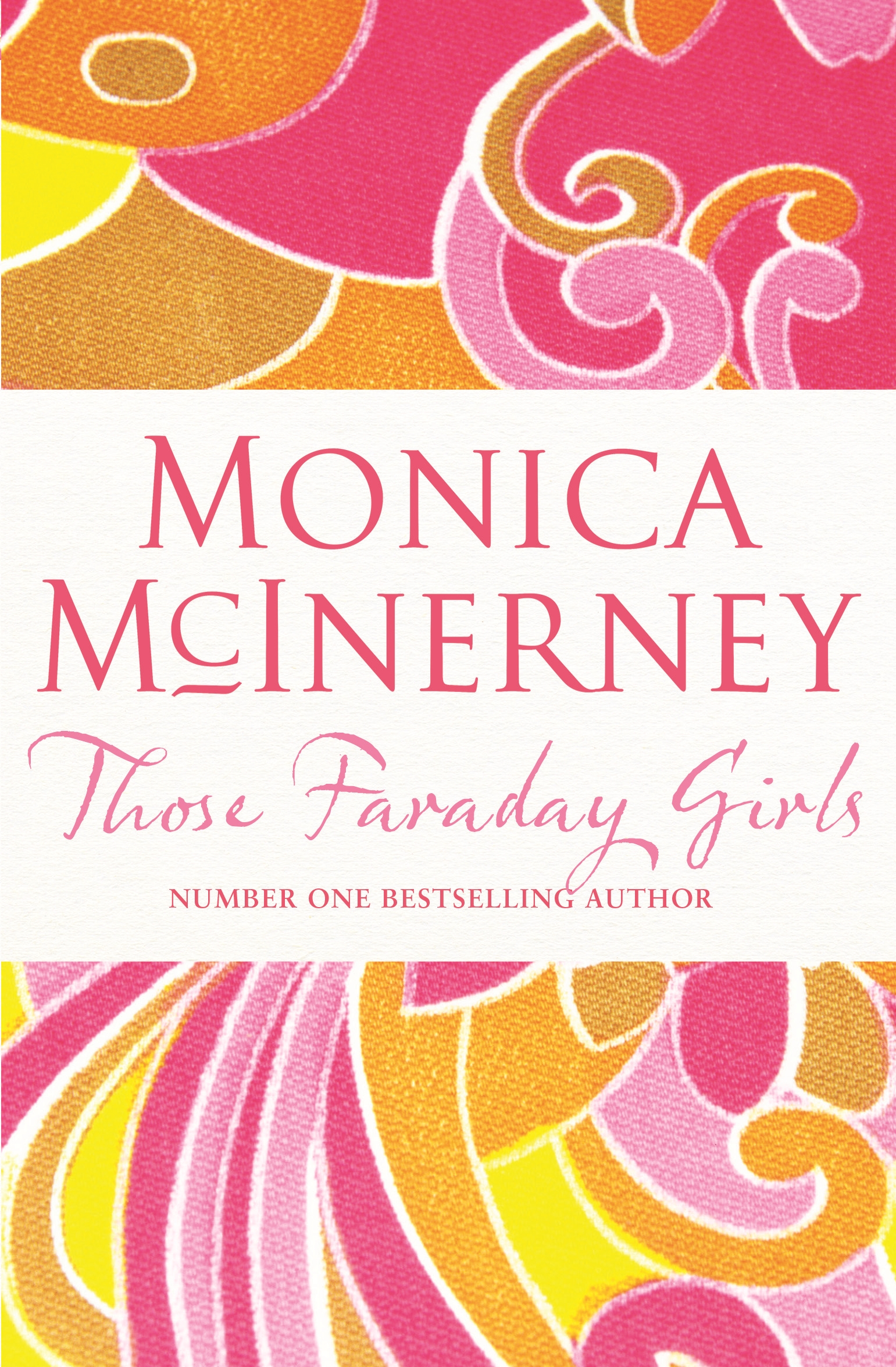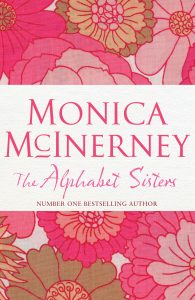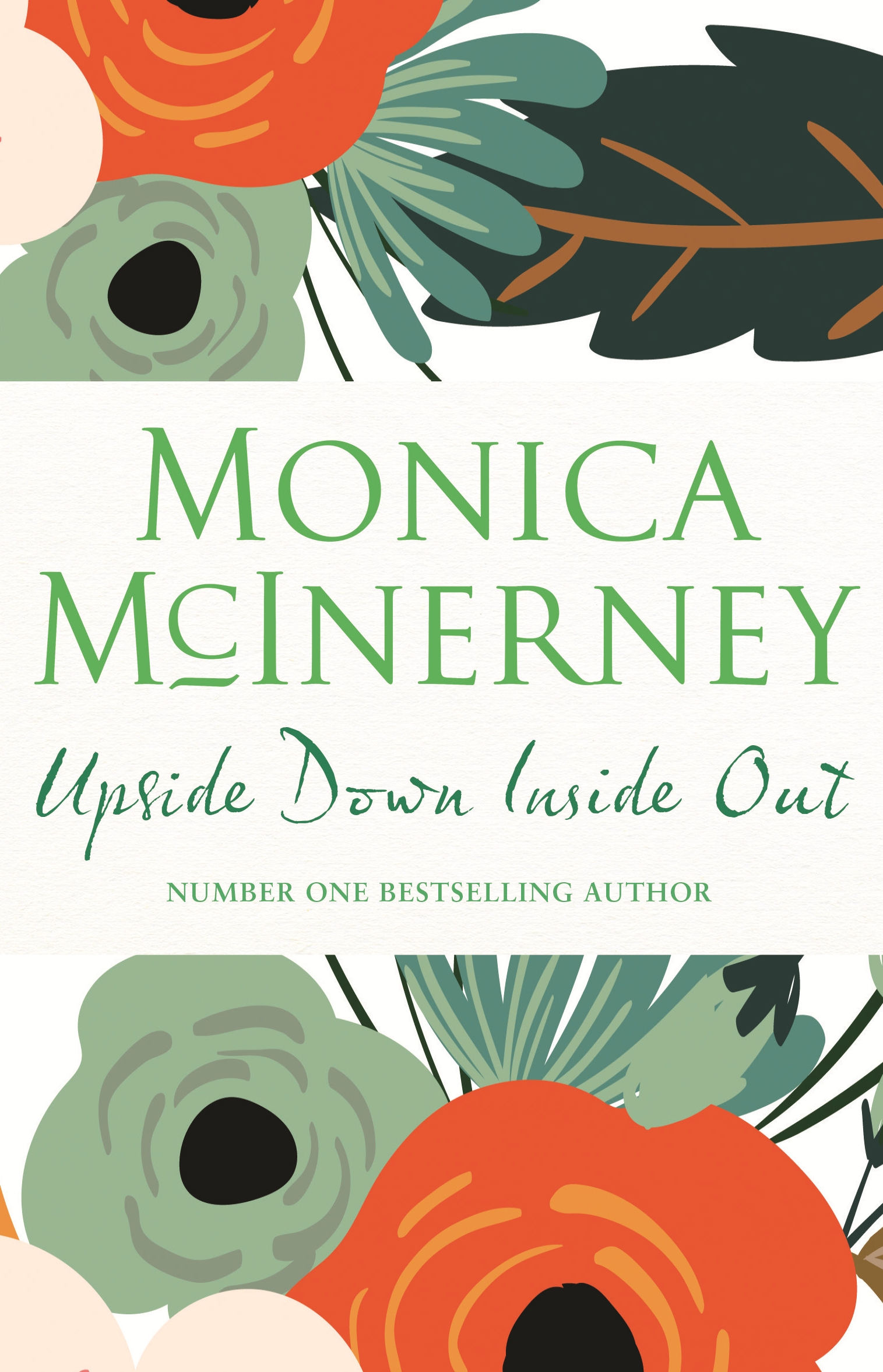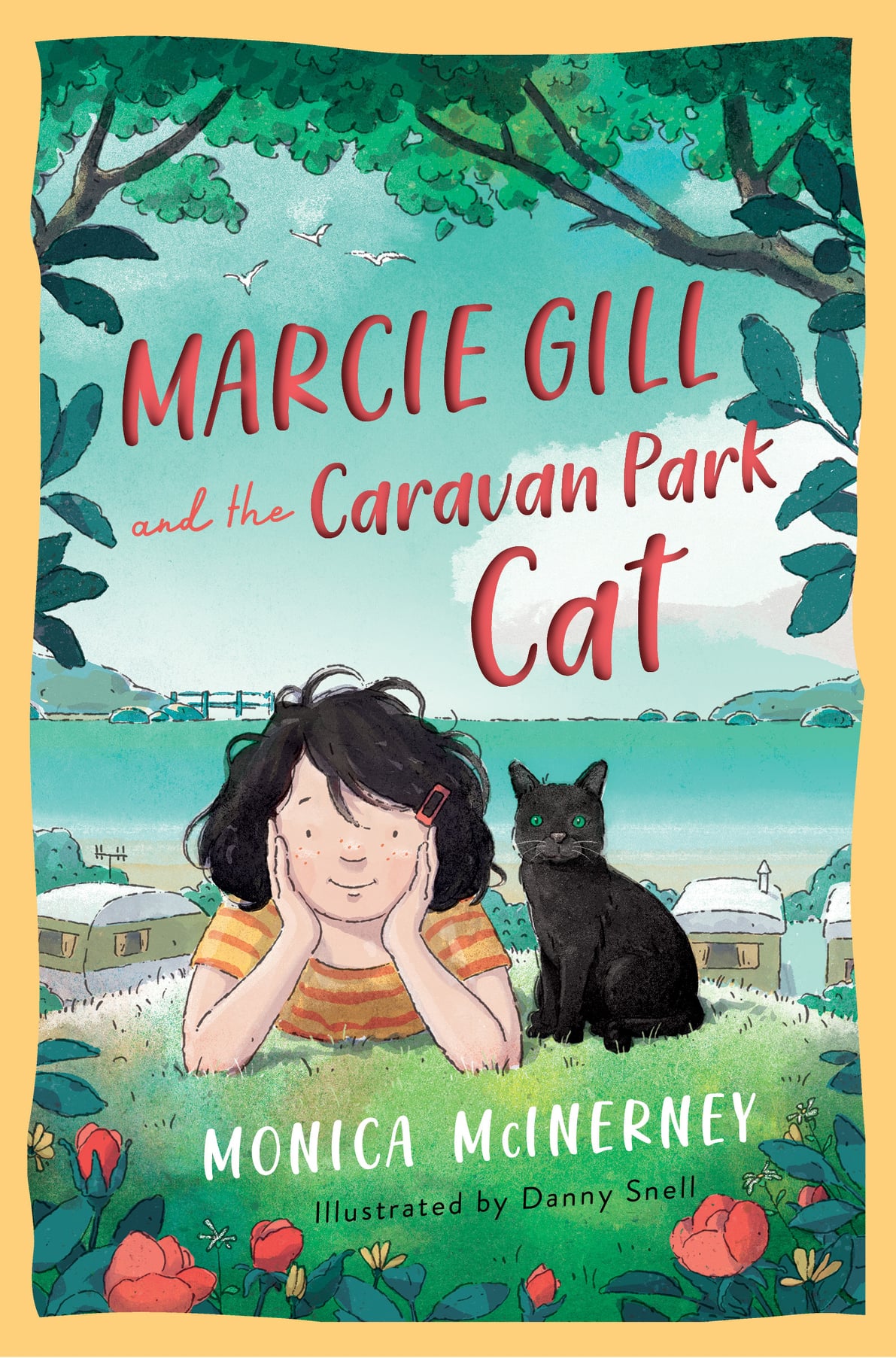The Technological Times are A-Changing
I have a confession to make. At 46 years of age, I’m behind the technological times – not with the younger generation, but the older.
I use a bulky desk computer, not a slinky laptop. I have an old mobile phone that makes and receives calls, but can’t do much else. When I travel and need to check emails, I have to find internet cafes, which, I am swiftly discovering, are an endangered species.
Meanwhile, the older people in my life are gleefully using their mobiles, smartphones and notebooks to text, Skype, email, blog, Facebook, Google and surf the Internet.
My 95-year-old father-in-law Joe is as comfortable sending texts as he is talking on his mobile phone. He recently researched his family tree via the Internet, using his g-mail account to seek information from genealogical groups in Ireland, the UK and USA. My 72-year-old mother in Australia keeps in touch with my six brothers and sisters and I with regular texts and emails, which come complete with photographs and links. After Sunday lunches in Dublin, my 86-year-old mother-in-law is always the first to suggest we Skype family members living in Munich. We generally use her laptop, as she thinks the video connection on that is better than the one on my father-in-law’s personal computer.
It’s not just my relations who are at it. A couple from my home town of Clare, South Australia were in Dublin last week. We met in O’Connell Street. Your house looks nice, they said. Thanks, I said, puzzled. They hadn’t been there yet. They explained they’d viewed it the previous day via Google Earth on their laptop while using WiFi in a hotel they’d booked on the internet. Both of them are in their 70s.
I shouldn’t be surprised. It makes perfect sense that older people can adapt to and embrace new technology. They’re experienced, in work and life. My father-in-law was born in 1916. He’s lived through the invention of TV and space ships. He’s not daunted by computers.
The idea that older people fear new technology isn’t true in my experience. The computers in my local library are usually occupied by elderly men and women. I watched one man laughing at old episodes of a favourite TV show on YouTube. An elderly lady was playing on-line bridge. Another man was updating what looked like his blog.
I borrowed some of my encounters with technologically-advanced older people for my new novel, Lola’s Secret. It features an 84 year-old Irishwoman called Lola Quinlan as the main character. She volunteers in her local charity shop, where the back room is like a NASA control centre, with a computer, camera, scanner and modem. Lola and her fellow volunteers take turns Skyping, shopping on the Etsy handicrafts site, watching YouTube clips, updating their Facebook pages and emailing friends and family. When a younger character expresses amazement at how quickly they’ve all caught on to modern technology, there is instant outrage. Each character firmly explains their past roles – CEO of a local council, MD of a large accountancy business. They are all people with vast experience of life and business. My novel may be fiction, but what they say is a fact of real life.
New technology is a perfect outlet for older people. It brings the world to them at an age when they’re ready to put their feet up and relax. All around Ireland, community centres and libraries offer computer courses. Transition year students around the country have been working with older people to help them improve their computer skills. And as more young Irish families are forced to emigrate, Skyping and emailing photos is how children will keep in touch with their grandparents back home, too.
There are still occasional pot-holes on the information superhighway, of course, for young and old. A friend in his early 70s was being taught to text by his 22 year old daughter. She showed him predictive text, how to forward messages, how to send to one person or many people. He found some of it tricky and jokingly blamed her teaching methods. ‘It’s not my fault you can’t keep up, Dad,’ she teased. Exasperated, he sent her a brief, two word text. The first word started with P. The second word was Off. He pressed a key, meaning to send it to her, there in the room beside him. Instead, it went to all 65 people in his phone contact list, all around Ireland and further afield. For the next hour, his in-box filled repeatedly with bewildered and offended replies.
On the bright side, he did swiftly learn how to send a multiple recipient text, this time with just the one word. ‘Sorry!’
(Published in Woman’s Way magazine, Ireland, November 2011)
(Copyright Monica McInerney 2014)
